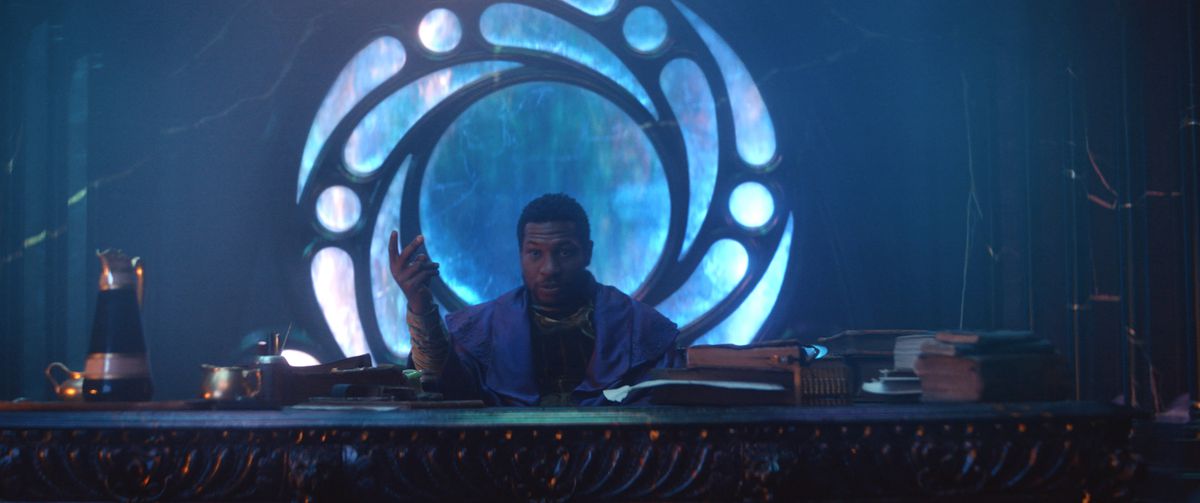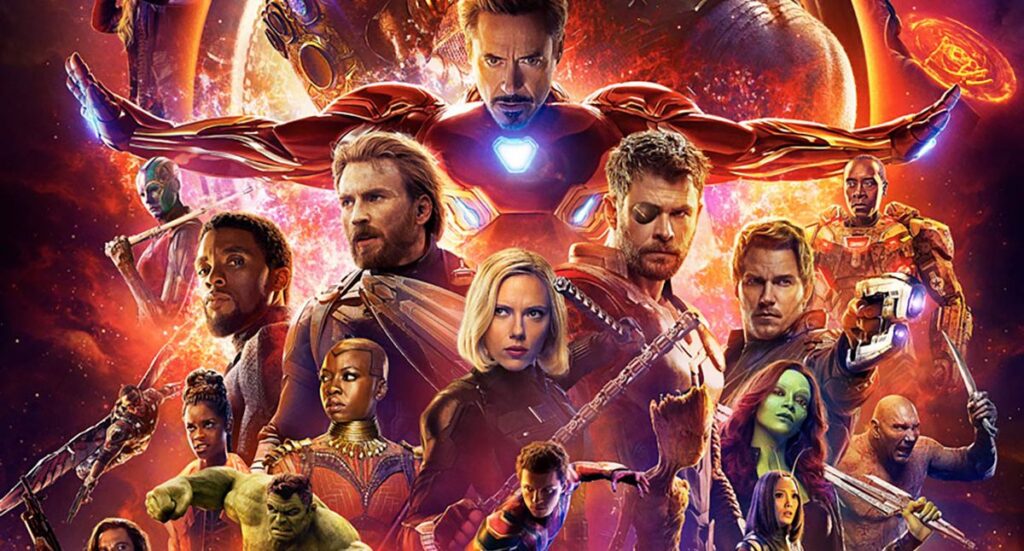Marvel Studios has always known how to throw a Hall H party, and though there were worries that the irregular nature of the first in-person San Diego Comic-Con in three years would keep things muted, the studio delivered. We know a lot now that we didn’t know before. And glimmering on the far end of Marvel’s new timeline is one ominous name: Avengers: Secret Wars.
Marvel Comics has infamously published multiple Secret War events, but there’s only one that is likely to have inspired an arc that includes exploring the multiverse and introducing the Illuminati. And that’s Jonathan Hickman and Esad Ribić’s Secret Wars, a cosmic natural disaster that ended in the complete destruction and improbable recreation of the Marvel Multiverse.
This is all to say: If the Marvel Cinematic Universe wanted to make sweeping changes to its internal continuity, Secret Wars would be one of the only truly “Marvel Comics” ways was to do it.
The Marvel Method
Photo: Marvel Studios/Disney
That’s in part because Marvel Comics historically does not reboot its full continuity, ever. Unlike DC Comics, whose setting is built on an every-25-years-or-so cycle of resetting and reimagining its characters, you can trace an unbroken line from the Tony Stark of 2022 to the Tony Stark of 1963.
2015’s Secret Wars bucked that trend — not in a way that broke the line between 2015 Tony and 1963 Tony, but in a way that had significant editorial repercussions nonetheless. Namely, Secret Wars killed a Marvel Universe.
The Ultimate Marvel Universe
Marvel’s Ultimate line, founded in 2000, was arguably the publisher’s biggest success of the decade, an alternate Marvel universe where modern writers and artists had freedom to take the company’s most famous characters and start all over again. And it’s got a heavy hand of influence in the Marvel Cinematic Universe, perhaps best represented in the pick of Samuel L. Jackson to play Nick Fury — Ultimate comics were the first to depict Nick as a Black man who looked exactly like Jackson rather than a white guy who could pass for David Hasselhoff.
But during Secret Wars, the Ultimate Marvel Universe died. Actually, in the lead up to the event, every single universe in the Marvel multiverse died, leaving only a few dozen surreal variant fragments glued together in the mashup to end all mashups. And when the good guys won, they restored the multiverse, but left the Ultimate Marvel Universe dead.
Marvel had decided to salvage a few aspects of the Ultimate universe that were still resonating with readers, and otherwise shutter the editorial line. It made sense: By the time Secret Wars rolled around, the Ultimate Marvel universe was no longer a fresh start. It had its own 15 years of continuity to catch up on, and it wasn’t even the main Marvel Continuity.
The Marvel Cinematic Universe turns 15 next year. Isn’t that interesting?
Is the Marvel Cinematic Universe headed for a reboot?

Image: Marvel Studios
We won’t find out for a while — probably not until late 2025, when Avengers: Secret Wars hits theaters. But you can bet your last remaining universe in a decimated multiverse that Kevin Feige and every other creative higher-up at Marvel Studios will be dodging the answer until then. And, at least, now you know why.
You can find all of Polygon’s coverage of SDCC 2022 news, trailers, and more here.

